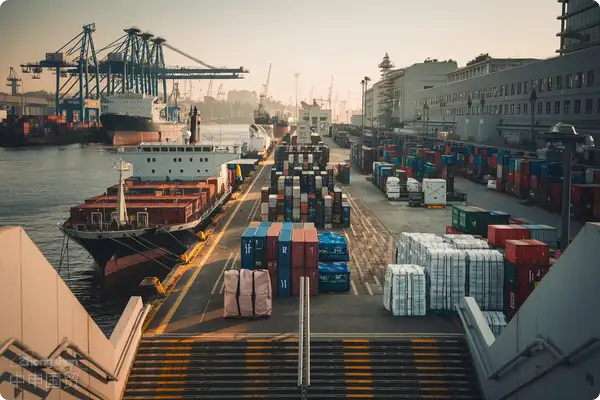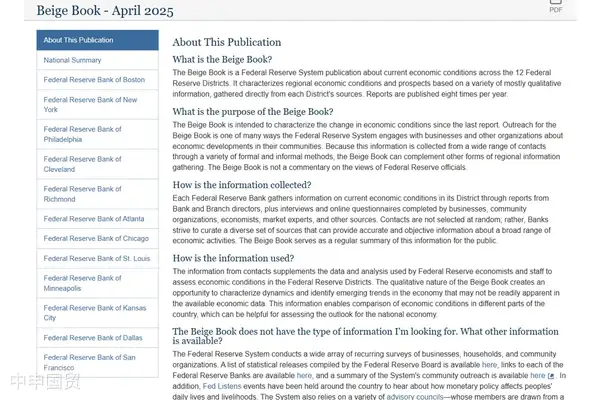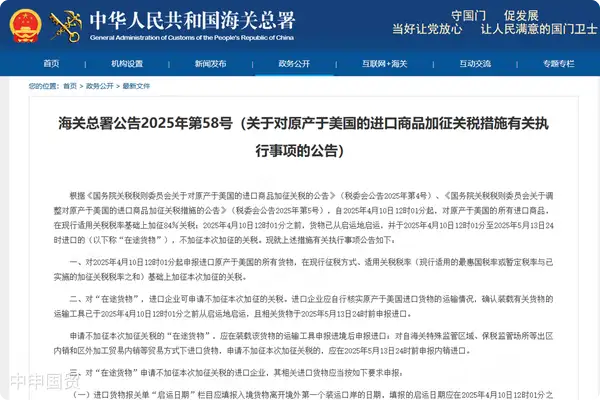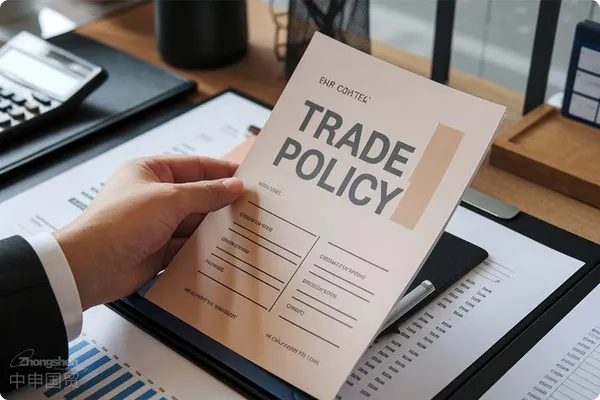- Shanghai Zhongshen International Trade Co., Ltd. - Two decades of trade agency expertise.
- Service Hotline: 139 1787 2118
Regulatory Agencies for Feed Additives in the European Union
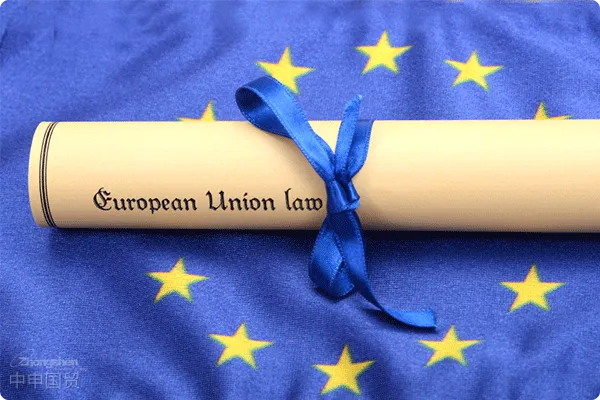
Functional Classification of Feed Additives
European Food Safety Authority (EFSA):
EFSA is responsible for evaluating and reviewing applications for new feed additives to ensure their safety and effectiveness. At the same time, EFSA is also responsible for providing scientific advice and professional opinions to assist in formulating technical specifications to ensure that the use of feed additives complies with safety and labeling requirements. European Commission:
The European Commission is responsible for formulating regulations and policies related to feed additives, including establishing authorization and approval procedures, setting maximum allowable levels and use restrictions, and labeling requirements. It is also responsible for approving and authorizing new feed additives and revising and updating relevant regulations and directives based on new scientific knowledge and technological progress. Competent Authorities of Each Member State:
The competent authorities of member states evaluate feed additives within their respective countries to ensure compliance with relevant EU regulations and standards. In addition, member states are also responsible for regulating and enforcing the use of feed additives and reporting information and data on feed additives to the European Commission. According to Regulation (EC) No 1831/2003, feed additives should have the following functions:
Classification of Feed Additives
Improve feed characteristics (such as color, smell).
Improve the characteristics of animal products.
Improve the color of ornamental fish and birds.
Meet the nutritional needs of animals.
Improve the environmental impact of animal production.
Improve the production performance, mental state, or welfare of animals by affecting the gastrointestinal flora or improving the digestibility of feed.
Have the effect of anti - coccidiosis or anti - histomoniasis. It should be noted that except for coccidiostats or histomoniasis inhibitors, antibiotics shall not be approved as feed additives.
The European Union classifies feed additives into the following five categories:
Labeling Requirements for Feed Additives
Technological Additives:
Such as preservatives, antioxidants, emulsifiers, stabilizers, etc. Sensory Additives:
Such as flavoring agents, colorants, etc. Nutritional Additives:
Nutritional Additives: Such as vitamins, minerals, amino acids, etc.
Livestock technical additives: Such as digestibility promoters, intestinal flora stabilizers.
Coccidiostat and histomonad inhibitor: Used for the prevention and treatment of coccidiosis and histomoniasis.
In the European Union, the regulation of feed additives and premixes is jointly carried out by three entities, namely the European Food Safety Authority (EFSA), the European Commission, and the competent authorities of each member state.
In the EU, the labels of feed additives must include the following:
Specific name: The specific name of the additive, including the name of the functional group mentioned in the approval.
Responsible person information: Name or business name and address or business location.
Net weight/net volume: For liquid additives and premixes, it is expressed as net volume or net weight.
Enterprise registration number: A clear identification number.
5Instructions for use and safety recommendations: Including the animal species and categories for which the additive or additive premix is intended.
Batch number and production date: Used for traceability and quality control.
Specific applicable situations: Specific label content for different additives.
Specific types of feed additives also need to include additional label content, for example:
(1) Livestock technical additives, coccidiostats and histomonad inhibitors:Shelf life, instructions for use, concentration, etc.
(2) Enzyme feed additives:Shelf life, instructions for use, concentration, activity units, etc.
(3) Microbial feed additives:Shelf life, instructions for use, strain identification number, colony - forming units, etc.
(4) Nutritional additives:Level of active substances, shelf life, etc.
(5) Technical and sensory additives (except flavorings):Level of active substances, etc.
(6) Flavoring compounds:The incorporation rate in the premix.
(7) Premixes containing silage additives:The words silage additive must be clearly added on the label.
In general, the EUs regulation of feed additives includes strict evaluation, review and clear label requirements. For feed additive manufacturers who want to enter the EU market, understanding and complying with these regulations is the key to success.
Related Recommendations
Core Business
Contact Us
Email: service@sh-zhongshen.com
Related Recommendations
Contact via WeChat

? 2025. All Rights Reserved. Shanghai ICP No. 2023007705-2  PSB Record: Shanghai No.31011502009912
PSB Record: Shanghai No.31011502009912
